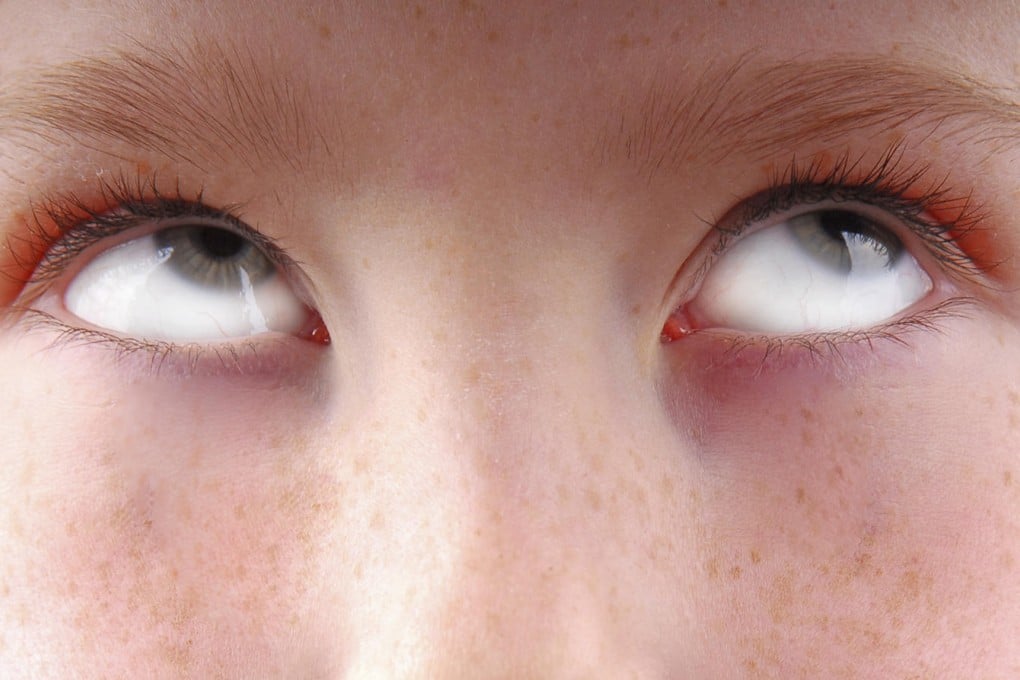How to react when teenagers roll their eyes at something you say or do
When a teenager rolls their eyes during a conversation, a parent should control the urge to call out the behaviour and instead wait until the reaction stops before continuing the conversation


"It's important to understand that teenagers are going through a time of change and are hypersensitive, because they're in a very raw period of time developmentally, when they are trying to separate from their families and become individuals," says Dr Alexandra Barzvi, a psychologist who is co-host of the radio show About Our Kids in the US. "So any time they feel like you're judging them or criticising them or are angry with them, they feel vulnerable and go into shut-down mode and break the lines of communication. Rolling their eyes is their way of expressing their disagreement, resentment or frustration with what you're saying or doing."
What also makes it difficult for parents is that the disrespectful teenage eye roll is a dramatic departure from their child's earlier behaviour, which was often characterised by cooperation and admiration.
"Between the ages of six and 12, children are pleasant, and they listen better and develop interests. They're still very affectionate and think their parents are great," says Jennifer Senior, author of All Joy and No Fun: The Paradox of Modern Parenthood. "So when teens start to pull away from their parents, it's a very abrupt rupture."
The phase will end, eventually, but until the tumultuous teen years run their course, parents have a challenging road to navigate, especially when it comes to effective communication in light of all that dismissive eye rolling. The first thing is to stay calm.
"Parents should try not to express their anxiety or their anger, because teenagers are sensitive to their emotional state," Barzvi says.
When teens start to pull away from their parents, it's a very abrupt rupture